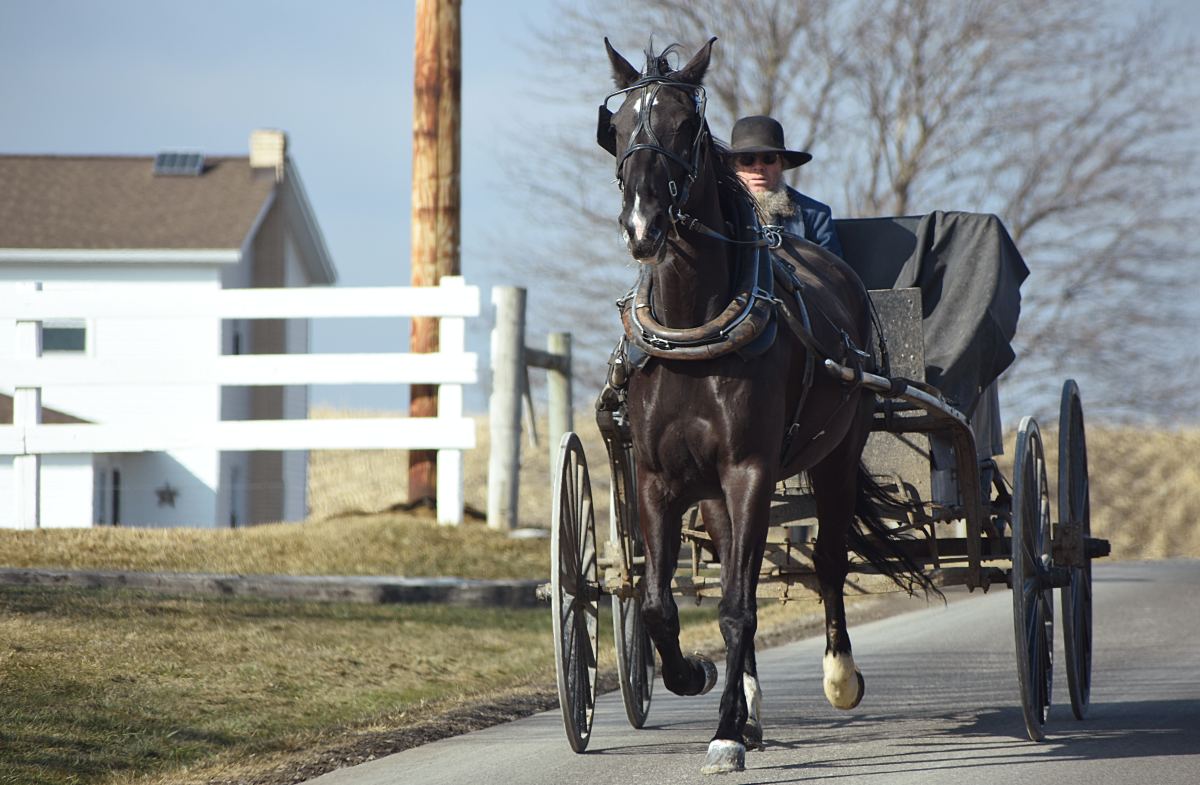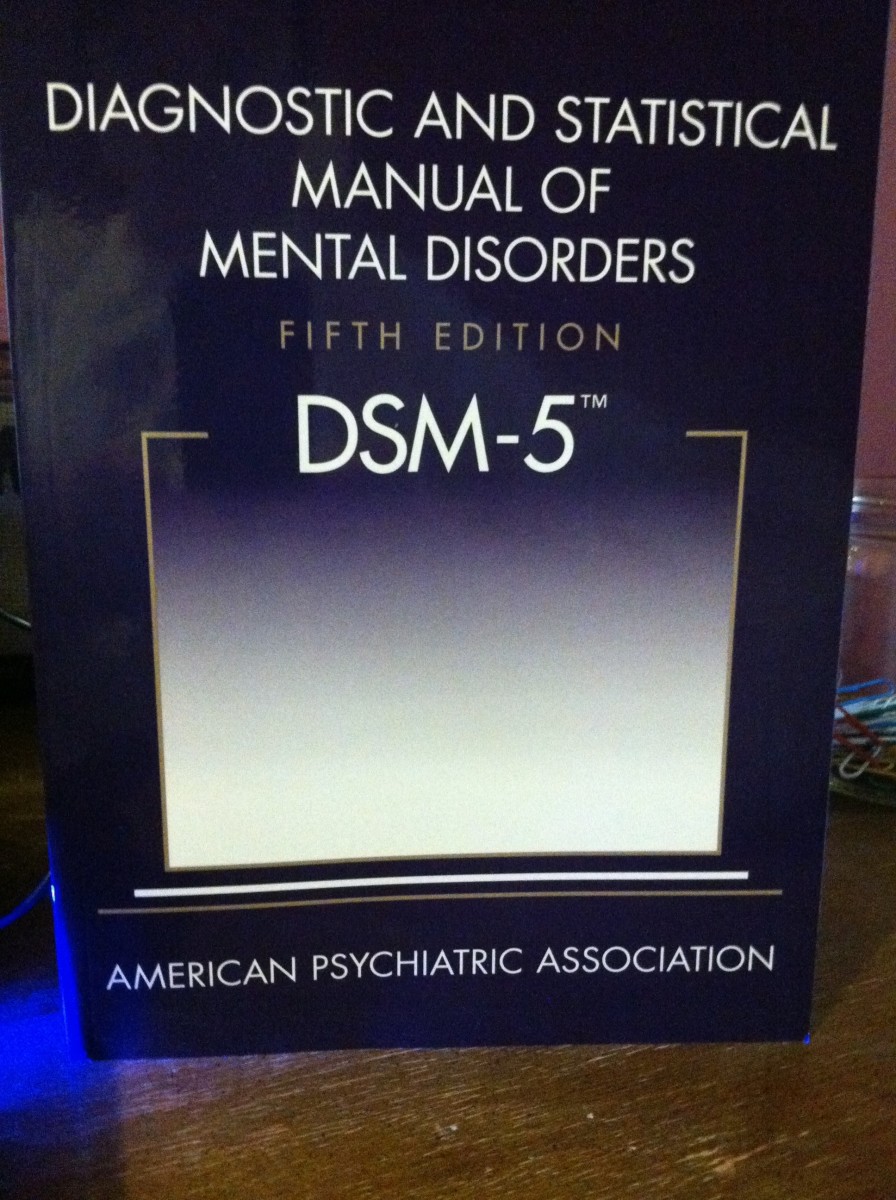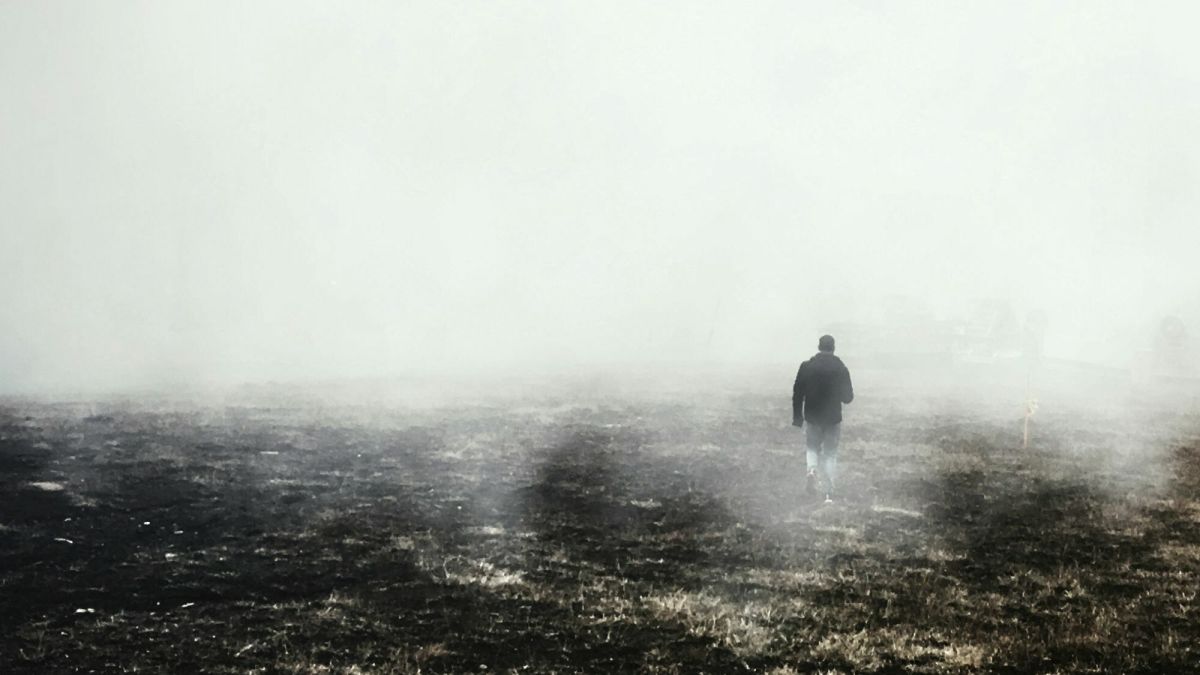The Truth About Women in the Military
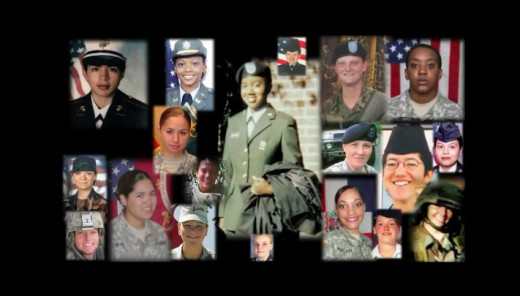
People join the military for different reasons. Some people join the military for opportunities, honor, money, or tradition. But something people don't talk about enough is the darker side of the military.
“Most people don’t realize that women have been serving in the country’s military since before we called ourselves the United States of America, but we only became part of regular armed forces through the Women's Armed Service Integration Act of 1948.”
says Elizabeth Elsea.
Approximately one in four active-duty female military personnel will be sexually assaulted. Sexual assault leads to many health problems for women in the military such as anxiety disorders, post-traumatic stress disorder (PTSD), military sexual trauma (MST), depression, substance abuse, binge eating, dissociation, memory impairment, suicidal and parasuicidal behavior, sexual dysfunction and dissatisfaction, poor self-esteem, and personality disorders.
All of these factors make it hard for women to stay and continue serving in the military, for women it is the leading cause for early leave of the armed forces. Once a woman in this type of situation chooses to leave the military, she will most likely have a hard time reintegrating back into society, and can end up homeless.
Female veterans who have experienced MST have a significantly increased likelihood of mental health conditions including PTSD. Both MST and PTSD increase the likelihood of homelessness.
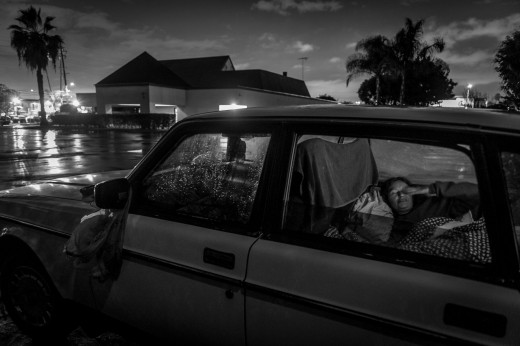
Liz Luras competed in the Ms. Veteran America pageant and used the opportunity to share her story with the other contestants. The pageant officials forbade her to talk about her military sexual trauma during the event. She was r*ped three times during her military career and received a personality disorder discharge.
“They’re traumatized and do anything they can to avoid the dangers of the street or shelters,” Mary Calvert said. “Some live in their cars, some stay in drug-ridden hotels, while others just stay in unhealthy relationships with boyfriends or husbands to keep a roof over their heads.”
At least 32% of U.S. military women report having been sexually assaulted. A 2011 report found that women in the United States military were more likely to be r*ped by fellow soldiers than they were to be killed in combat.
“The trauma touches every part of their life — physical health suffers, mental health suffers, and many have trouble holding down a regular job,” Ms.Calvert said. “Some are triggered just by being near or having to talk with men.”

“I knew my career was over because I reported it, I just thought it was worth it because I thought it was my responsibility to do so.” says Myla Haider.
Consequences of reporting
Service members who were dissatisfied with the outcome reported that nothing was done about their complaint. Women who report their sexual assault are often ostracized. Many survivors reported they received more disciplinary notices, were seen as "troublemakers", assigned undesirable shift assignments, or were harassed and received retaliation by sergeants. This type of treatment is why many females are afraid to come forward or ask for help.

“You think of a coast guardsman you think of someone in the military of holding themselves at a certain level. When someone walks up to you and shakes your hand and says "Thank you for your service", little do they know they're shaking the hand of a man that r*pes and beats women in the military. It's a little scary.”
“He broke my jaw, my discs went forward in my face, I don't have any discs in my face anymore.”
said Kori Cioca.

“I cant eat the food that I used to eat, everything is mashed potatoes.. jello.” said Kori Cioca
Former army sergeant Rebekah Havrilla said her r*pist never faced charges - even though the perpetrator took pictures of her during the r*pe and posted them on a website. Rebekah said that while she was well-treated and respected by some units, in others she found that "I can't tell you a single day that didn't go by without a r*pe joke or a sex joke. So in my mind it comes down to what was allowed by leaderships."
“The chaplain basically told me that it was God's will for me to be r*ped and that I needed to get right with him and go back to church.” says Rebekah Havrilla.
“Essentially, I was diagnosed with a personality disorder for failing to adjust adequately to being r*ped."
says Jenny McClendon.
A former Marine corps captain Anu Bhagwati said the military subscribed to myths about r*pe, including that it was about a "lapse of professional judgment", or that "inappropriate" use of alcohol were common.
"So let's be clear," Anu said. "R*pe and assault are violent, traumatic crimes, not mistakes, leadership failures or oversights in character. R*pe is about power. Control. Intimidation."
“We came to this idea that it all stems from sexual trauma. That's the main core with the women.”
says Dr. Diane West.

“I have to say I no longer have any hope that the military chain of command will consistently, prosecute, convict, sentence and carry out the sentencing of sexual predators in uniform without absconding justice somehow.” says BriGette McCoy.


